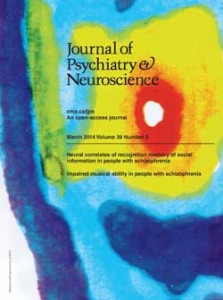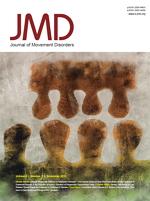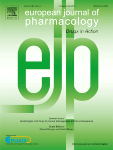Key assertions in a paper on homosexuality have been removed from the Journal of the Islamic Medical Association of North America, in what the notice describes as a “partial retraction.”
The 2006 article “Homosexuality: An Islamic Perspective,” states that conversion therapy can be effective, and that gay people have poorer health. Those statements are among those that lack evidence, according to a note on the paper published in July. The retraction pulls those assertions, among others, and instead argues that a homosexual person should be helped to “accept his or her LGB identity,” and find a welcoming community.
The 2006 article is definitely a perspective — it states the opinion of the sole author, M. Basheer Ahmed, who has a private psychiatry practice in Texas, as to whether homosexuality is a choice. He thinks yes, though the science on the matter is fairly clear that it’s not.
But we still think it’s interesting that a journal chose to take back some of the statements contained in the article. Here’s the abstract from the “partial retraction” note:
Continue reading Author retracts statements about gay conversion therapy


 An investigation at the University of Illinois at Chicago has found “a preponderance of evidence” that a psychiatrist who has received millions of dollars in federal funding has committed misconduct.
An investigation at the University of Illinois at Chicago has found “a preponderance of evidence” that a psychiatrist who has received millions of dollars in federal funding has committed misconduct.



